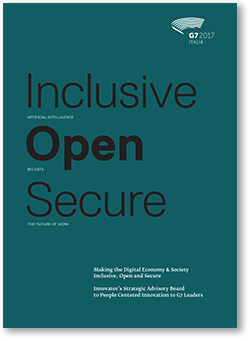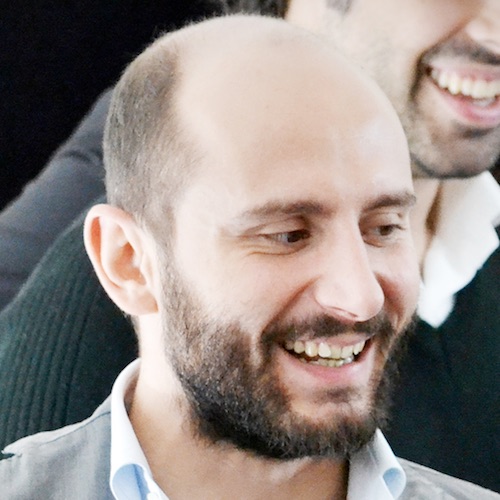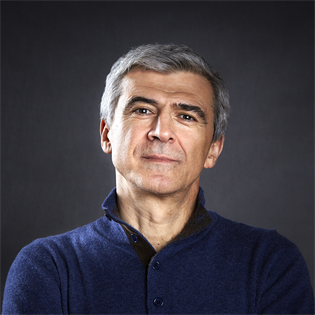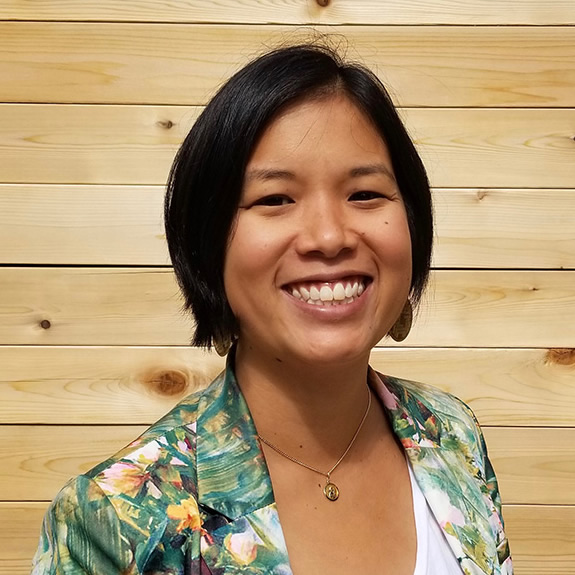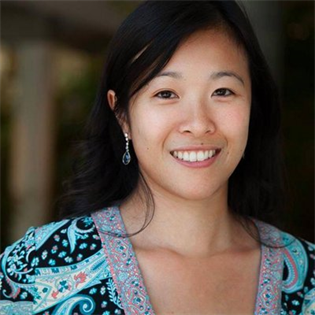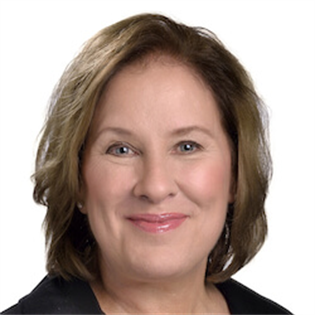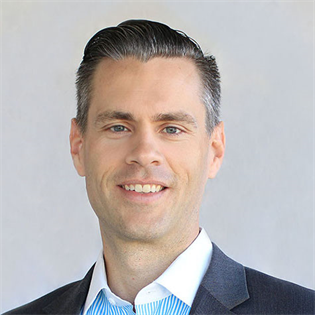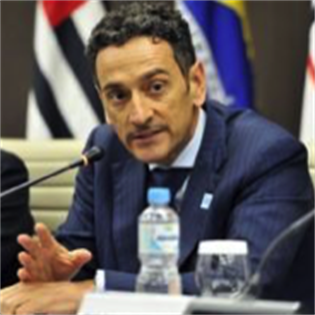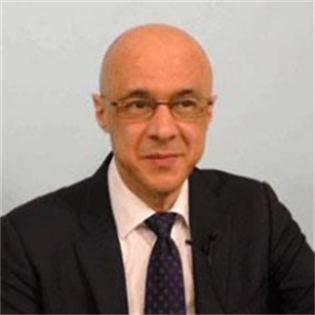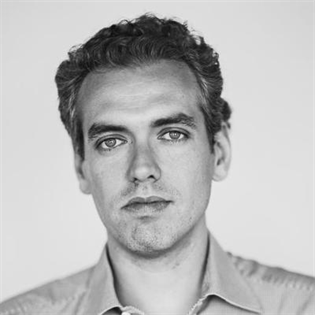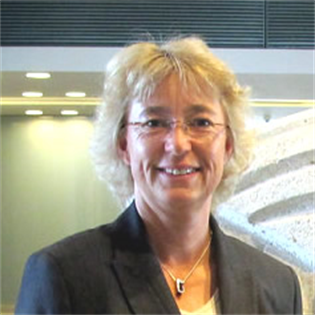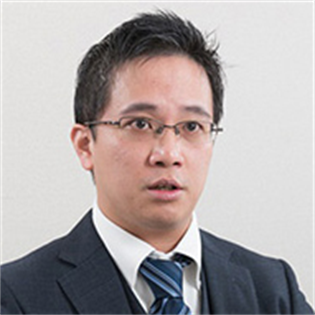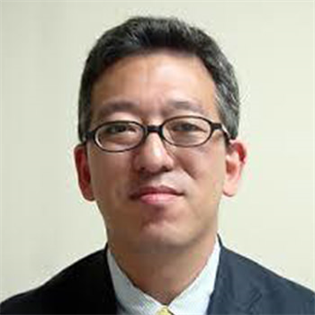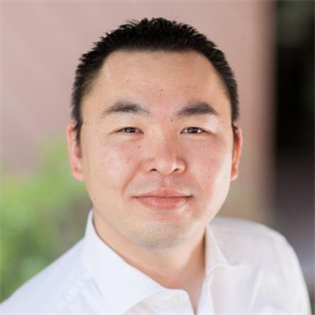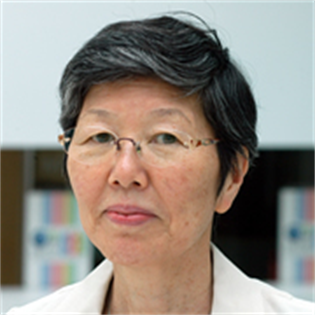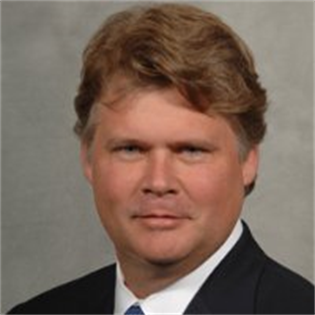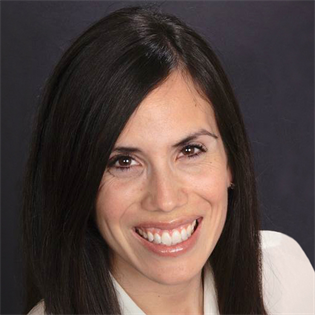I-7 Innovators’ Strategic Advisory Board on People-Centered Innovation
Innovators' Key Points to G7 leaders
“Technological innovation should give us hope, not despair”: in the I-7 Chair Summary the conclusions of the I-7 group, summarized into four themes - training and education, technology, ethics and society, jobs and income. The G7 takes note of the Chair’s Summary presented by Diego Piacentini at the closing session of the ICT and Industry Multistakeholder Conference.
The I-7 results
I-7 Chair’s Summary
G7 ICT and Industry Ministers’ Declaration (page 2 point 7 and page 15 point 58)
Parallel Sessions 1: A.I.
Parallel Sessions 2: Big Data
Parallel Sessions 3: Future of Work
The “Chair’s Summary” generated by AI
The Legacy report
The I-7 Legacy
Sessions
I-7 Day on September 25, Reggia di Venaria Reale, Turin
The outcome of the meeting, the “Chair’s Summary”, will be officially presented by Diego Piacentini and Mike Moffat, Focal Point of Canada -next host of the G7- at the closing session of ICT and Industry Multistakeholder Conference and opening session of the Ministerial Meeting on ICT and Industry .
Parallel Session 1
Artificial Intelligence (AI). How can AI help governments make better decisions and deliver policies and services more effectively? AI represents one of the most intriguing and promising fields of innovation and has the potential to dramatically improve the way public and private services are delivered. AI could have plenty of applications in government. As an example – applicable to e-government in particular – the private sector is already delivering “chatbots” and using NLU (Natural Language Understanding) to automate and improve services for customers. But much more can be shaped by AI: from traffic management and self-driving cars to security and emergency management. Furthermore, AI technologies may not be governable by the existing regulatory frameworks, presenting a unique policy challenge compared to prior innovations. In this session, innovators will discuss and generate ideas about how governments can take advantage of AI.
Parallel Session 2
Big Data: from regulation to active management. How can a more proactive approach to Big Data lead to smarter countries? Big Data represents the “fuel” of tomorrow’s production and a critical feed on information to AI-based services. In this session, innovators will be asked to discuss how a more proactive approach to Big Data could help tackle social and productive challenges in new ways, magnifying the effects on people’s well-being and businesses’ competitiveness. Government Big Data is usually stored in silos, and we need to find leverage points to convince the gatekeepers of the silos to collaborate. For example, should governments build national Data Analytics Frameworks as a necessary step to building “Government as an API”? Furthermore, once again, Big Data may not be governable by the existing privacy regulatory frameworks, presenting a unique policy challenge.
Parallel Session 3
The changing nature of society: the future of work. How could innovation help to deal with upcoming social and demographic changes? The present narrative is much too focused on the negative effects of technology on jobs and employment. As ever, innovation is destroying old jobs while creating new ones. In this session, innovators will highlight how new technologies are shaping the future world of labor, and identify those skills which will be more in demand, thus helping workers reap the benefits of change.
Innovators & Focal Points
Italy
Vittoria Colizza
Senior Researcher at INSERM (French National Institute of Health and Medical Research)
Thomas Ermacora
Architect-Urbanist, Futurist & Technologist, Founder of Machines Room & Laudato Si Challenge Vatican Accelerator
Eric Ezechieli
Co-founder, Nativa
Raffaella Rumiati
Professor and Director of the iNSuLa Laboratory at SISSA (Scuola Internazionale Superiore di Studi Avanzati)
Riccardo Sabatini
Chief Data Scientist, Orionis Biosciences
Canada
Leslie L. Cheung
Partnerships Development Director, Powered by Data
Ann Makosinski
19-year-old student inventor
Melissa Sariffodeen
Co-founder and CEO of Ladies Learning Code and Canada Learning Code
Angela Tran Kingyens
Partner, Version One Ventures
Ilse Treurnicht
CEO, MaRS (marsdd.com)
Mike P. Moffatt
Canada Focal Point
Chief Innovation Fellow at Innovation, Science and Economic Development Canada (ISED)
EU
Pia Erkinheimo
Partner and Director, Fingertip
Ela Madej
Partner, Fifty Years
Michela Magas
Co-founder, Stromatolite Design Innovation Lab
José Maria Rego
Entrepreneur and Co-founder, Raize
Kristina Tsvetanova
Co-founder and CEO, BLITAB Technology GmbH
Piero Venturi
EU Focal Point
Deputy Head of Unit in the Directorate-General for Research and Innovation of the European Commission
France
Rand Hindi
CEO and Founder, SNIPS
Juliette Mattioli
Director of Research, Senior Expert in Artificial Intelligence, Thales Group
David Sadek
Director for Research, Institut Mines-Télécom
Milie Taing
CEO and Founder, Lili.ai
Claudio Vandi
Head of Corporate Innovation and Design Practice, NUMA
Hugues de Franclieu
France Focal Point
Head of Trade Policy and Export Unit – Directorate-General for Enterprise – Ministry for the Economy and Finance
Germany
Walter Ganz
Head of Business Unit Service and Human Resources Management at Fraunhofer Institute for Industrial Engineering IAO
Antonio Krüger
Professor for Computer Science at Saarland University
Jan Michael Mrosik
CEO Digital Factory Division, Siemens AG
Japan
Shoi Egawa
President and CEO, SELTECH, Corporation
Hiroshi Mano
President and CTO, EverySense, Inc.
Hiroshi Maruyama
CSO, Preferred Networks, Inc.
Hironobu Yoshikawa
Co-founder and CEO, Treasure Data, Inc.
Yuko Harayama
Japan Focal Point
Executive Member of Council for Science, Technology and Innovation, Cabinet Office.
UK
Iain Bell
Chief Data Officer and Head of Profession for Statistics at Department for Education
Francine Bennett
CEO, Mastodon C
Rob Bishop
Co-founder & CEO, Magic Pony Technology
Helen Margetts
Professor of Society and the Internet - Director of Oxford Internet Institute (OII)
Jerome Pesenti
BenevolentAI - CEO technology division, BenevolentTech
USA
Tucker Balch
Professor at Georgia Institute of Technology
Kirk Borne
Principal Data Scientist and Executive Advisor, Booz Allen Hamilton
Jeff Carter
Partner, West Loop Ventures
Dyan Gibbens
CEO & Founder, Trumbull Unmanned
Ted Ullyot
Partner, Andreessen Horowitz
Michael Kratsios
USA Focal Point
Deputy Assistant to the President and Deputy U.S. Chief Technology Officer, The White House



